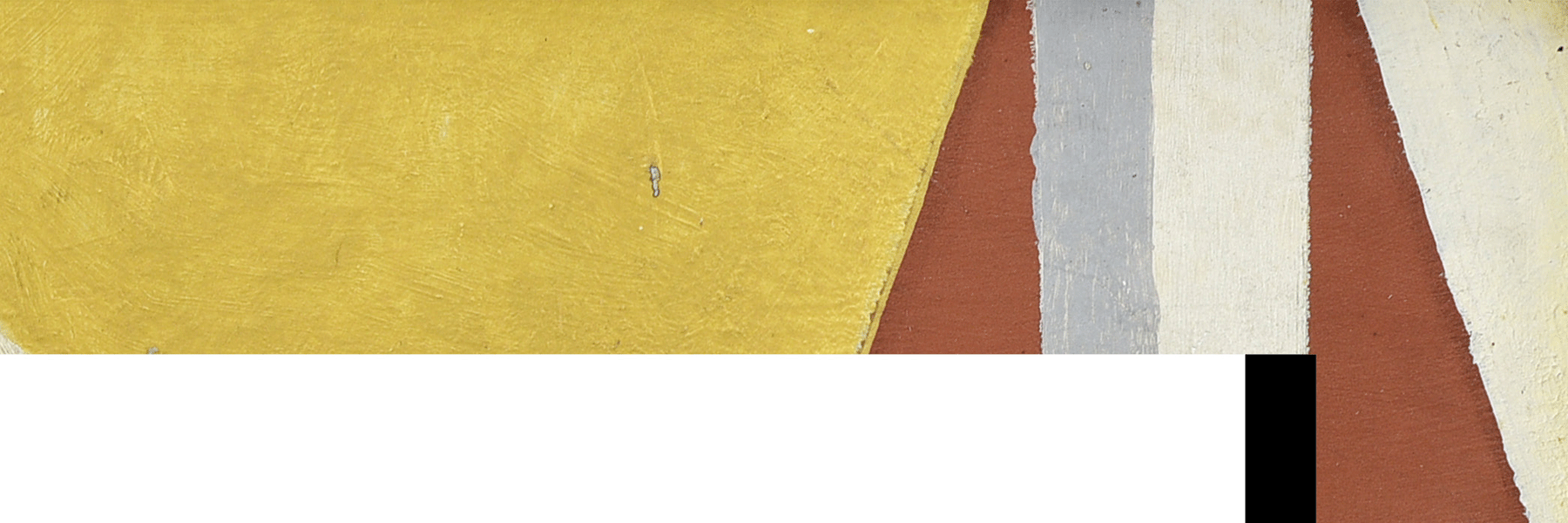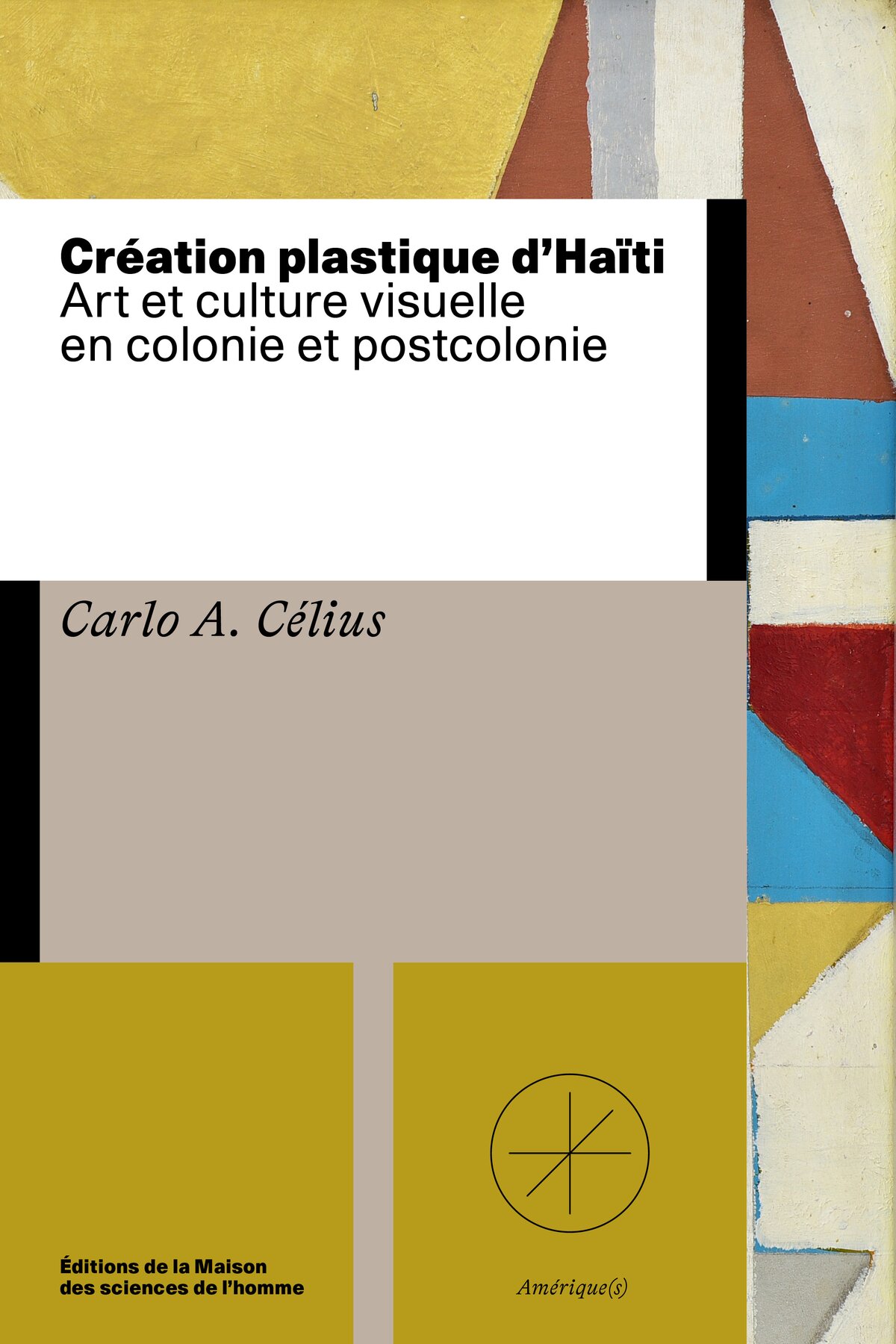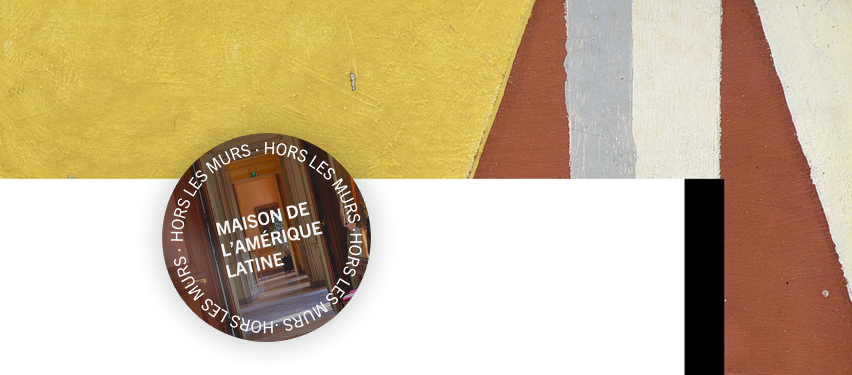Création plastique d'Haïti

This book studies the universe of Haitian plastic creation over time, since the arrival in 1492 of the first Spanish conquerors in this territory, the western third of the island, which they renamed Hispaniola. To carry out his investigation, Carlo A. Célius questions, overcomes and reverses the discourses and representations that have been made since Western Europe, which have continuously qualified and classified all non-European artistic creation using criteria specific to the field of fine arts.
The history of the modes of figuration proposed here is also the history of the monopolization, the exploitation and the transformation of a territory, a history of migrations, of subjection and extermination of populations. It is a history of struggles, liberation and societal reconfiguration; a history of images and imaginaries, of their exchanges and confrontations.
In this long-term historical investigation, which borrows in turn from art history, aesthetics, anthropology and sociology, the author proposes a plural approach to figuration in the colony and post-colony which, beyond the fine arts, takes into account the whole of visual culture. From portraits to ritual drawings of vodou and Catholic iconography, from illustrations published in the press to scarification marks on the bodies of enslaved African captives, he highlights the complexity and the stakes of the visual, the conflicts it generates, and the phenomena of appropriation and re-appropriation.
Carlo A. Célius shows how a hegemony of the fine arts was built in such a context and how, at a given moment, it was shaken.
This book revisits the notion of art: it historicizes the scales of value that constitute it and the social, political and cultural dynamics from which it evolves. With the help of a renewed conceptual framework, readers will be able to (re)discover the main characteristics of the artistic currents of the twentieth century in Haiti and appreciate some of the distinctive features of the new scene.

Publication April 20, 2023
Collection "Amérique(s)"
Éditions de la MSH


Sous les temps de l'équateur. Une histoire ancienne de l'Amazonie centrale

Le coopérisme

De la rue à la mairie



